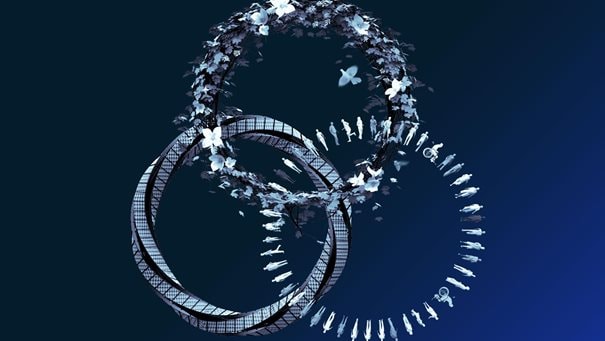Author Talks: Giulio Boccaletti on the relationship between society and waterDo you want to understand human civilization? Look to the most elem...
Published on by Trudi Schifter, CEO and Founder AquaSPE

Do you want to understand human civilization? Look to the most elemental substance on earth: water.
DOWNLOADS
Open interactive popup
Article (5 pages)
In this edition of Author Talks, McKinsey Global Publishing’s Raju Narisetti chats with Giulio Boccaletti, honorary research associate at the Smith School of Enterprise and the Environment, University of Oxford, and a former McKinsey partner. In his new book, Water: A Biography (Pantheon, September 2021), Boccaletti traces the history of how human civilization has been shaped by its attempts to control water for economic and societal benefit. An edited version of the conversation follows.
Why is this book relevant now?
Play Video
Video
The story of water is a very long one, and the book covers enormous amounts of ground. But I felt that the last couple of years have really brought water up the totem pole of political discussions. Last summer, for example, we had catastrophic fires in the west of the United States. The Rhine and the Yellow River left their embankments. We’ve had catastrophic fires in Greece and Turkey. There have been events that have proven how salient water, or the absence of water, can be to people’s lives.
Something is changing. In part, the climate system is changing, but that’s not news to anybody. Also, the institutions and infrastructure that we built to protect us from water events are also beginning to fail with greater frequency. In a way, this is a good time to reflect on why that is, where those institutions come from, where that infrastructure comes from, and how we move forward. To understand that, we need to look back in time and understand how we got here.
Tell us something we didn’t know about water.
MOST POPULAR INSIGHTS
When will the COVID-19 pandemic end?
Why micromobility is here to stay
Bias busters: A better way to brainstorm
Six problem-solving mindsets for very uncertain times
Feeling good: The future of the $1.5 trillion wellness market
Play Video
Video
The book is an archaeology of ideas and facts about water. It goes all the way back to 10,000 years ago when we decided to stand still in a world of moving water. That’s when we became sedentary. There are many points at which, even in conducting the research for the book, I was so surprised by what I found, right from the very first fact—which is that the quantity of water on the planet has been effectively fixed since it first appeared 3.8 billion years ago. If you think about it, any sip of water that you take might have gone through the kidneys of some dinosaur at some point.